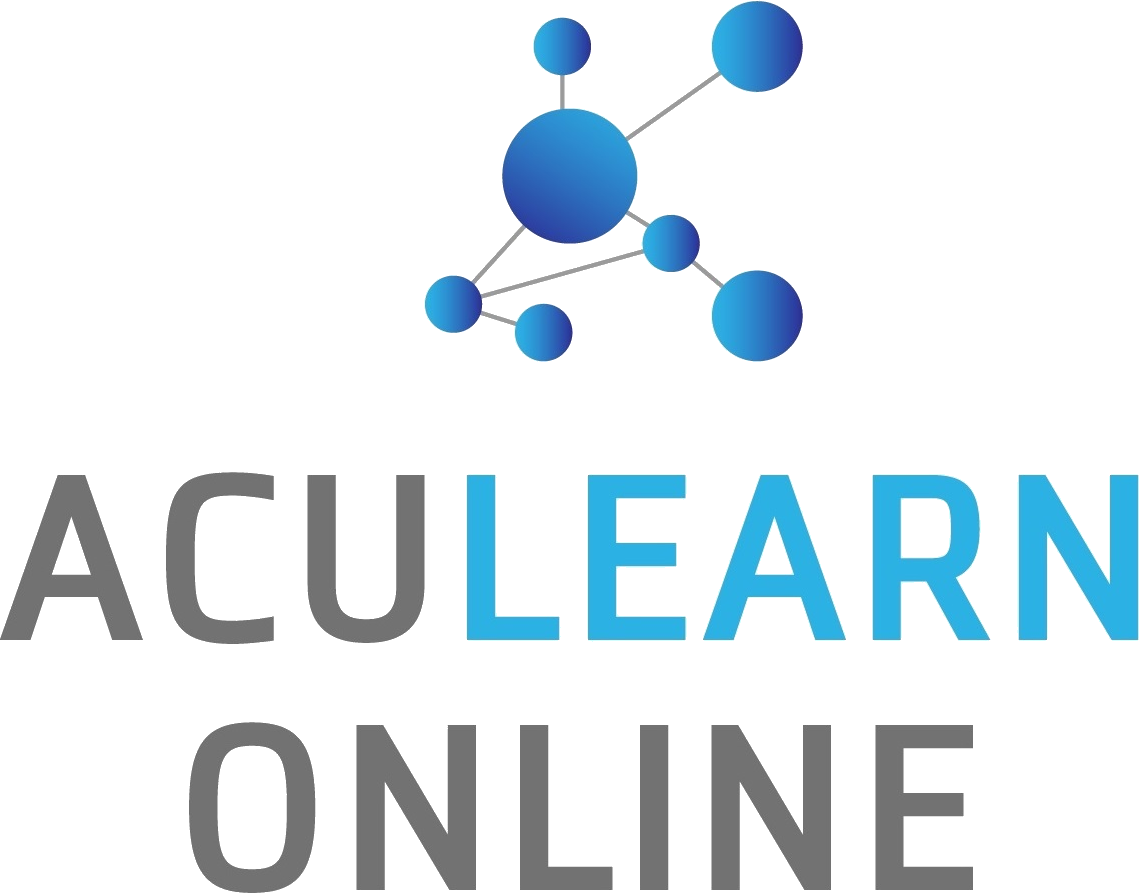The application of mathematics is widespread and may be found in a variety of industries, including science, engineering, finance, and technology. Being a core subject in elementary and secondary school, math requires pupils to build a solid foundation from a young age. For pupils in Singapore who wish to achieve academically and acquire a lifetime love of mathematics, math tutoring is a need.
Parents are always worried about the future of their children and do all possible to ensure that they receive a great education. They consistently place a premium on doing their best to create a better learning environment.
The academic achievement of their children, particularly in mathematics, is one of the main worries of parents. Even though mathematics is a topic that is based on concepts, many students have trouble understanding it.
Taking into account K2 or IP Math Tuition is the ideal technique to raise someone’s mathematics proficiency.
Our tutors possess the educational methods and skills necessary to preserve rigor and quality. Our lesson plans and worksheets are made to help students improve their problem-solving abilities and become knowledgeable in every subject that will eventually be addressed in the PSLE. The pace of the curriculum will be relaxed yet intriguing, challenging each student to develop their full potential.
Below, we’ll go through the benefits of math tutoring in depth that many of us are unaware of:
More Confidence:
A major advantage of math coaching is a general increase in self-assurance. When they make mistakes on assignments and examinations, students become reluctant to speak up, ask questions, and participate in class.
When students are more at ease with the content and realize that with time and effort, they will genuinely improve, they are more willing to engage without the worry of giving the wrong response.
The first stage in developing confidence through the growth mindset is to get better and succeed in mathematics. Students acquire confidence in other courses as well as other facets of life as they comprehend and consistently observe their success.
Building a solid math foundation in your child’s early years is essential. In Singapore, K2 math is the cornerstone that may decide how quickly and successfully your child may pick up new math concepts throughout his academic career.
Learning Convenience:
The simplicity of getting the right knowledge is another advantage of choosing math tutoring. From the convenience of one’s home, one may simply have the best educational experience. The days of spending valuable time and energy traveling far distances to attend coaching seminars are long gone.
Also, one gains easy learning experiences and saves a lot of time that may be invested in extracurricular activities or skill development.
Understanding the material covered in other academic disciplines like science, social studies, and even music and art may be greatly aided by having a solid foundation in mathematics – This is a top focus for the courses we provide.
Finding the Best Math Tutor in Singapore:
An excellent tutor could be knowledgeable and experienced. He or she may be an effective communicator as well. Yet, being the best choice for your child is not necessarily based on expertise or academic performance. The ideal tutor must be able to adapt his methods to your child. He would go above and above to help your child understand mathematics in contexts other than schoolwork.
Resilience in the face of hardship, rigor, and critical thinking are the characteristics that we foster over the entirety of this program. They will be able to simplify complex issues thanks to the strong tools provided in GobalEdu, and they will also become less prone to casual errors as a result.
Ask your friends and relatives for recommendations of math tutors they have previously used by being transparent with them. But, don’t make hasty decisions on people based just on word of mouth.
Make a note of your child’s particular weak points, such as algebra, trigonometry, or data interpretation. Next, inform the tutors in advance about them. Take note of how possible tutors approach those subjects with your child.
Inform the prospective tutor of your child’s skills and limitations in mathematics, but pay close attention to how he or she approaches the latter. This will assist the tutor in better customizing the lessons for your child.
It’s not a good idea to switch tutors frequently, so do your research before committing to one for a year or more.
Prioritize the factors that are most important to you, such as costs, the distance from your house to the tutoring center, whether you want to group or individual tutoring, etc.
Don’t choose something haphazardly, please. Your attention in selecting the ideal math tutor will pay you in more ways than you can now realize!
Conclusion:
Math tutoring gives pupils extra aid outside of the classroom to help them comprehend difficult mathematical ideas and advance their problem-solving abilities. For students who are having difficulty with mathematics, math tuition in Singapore is especially crucial since it provides a more individualized learning experience that may help them get over their obstacles.
Students will feel competent to answer inquiries from all Primary Mainstream Math topics after the curriculum. Beyond that, exercising rigor and critical thinking will help improve the student’s comprehension of other academic topics like science and social studies.
The final paper won’t be a challenge for our pupils since they will eventually be able to rapidly and effectively solve questions from all areas in Primary Mainstream Mathematics.












